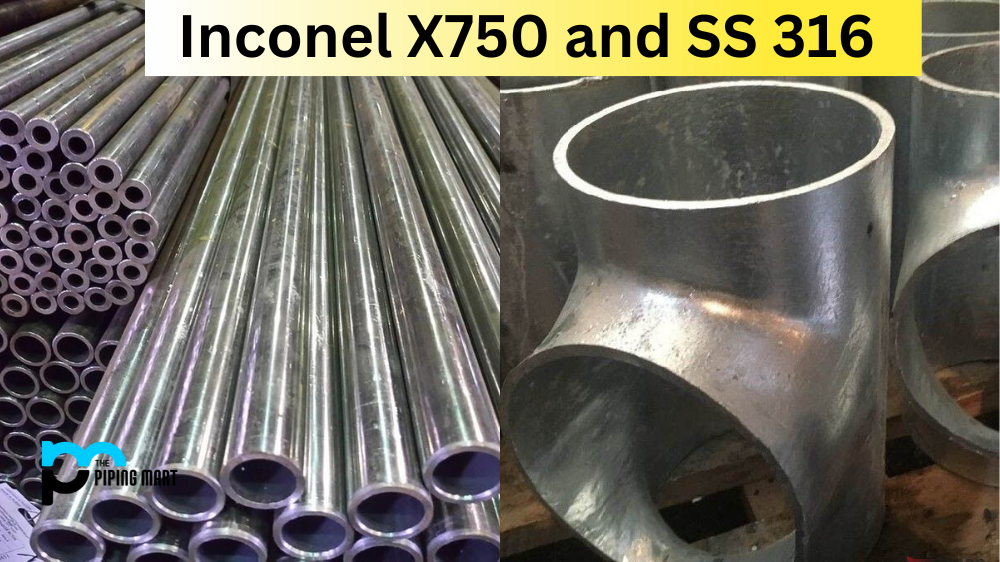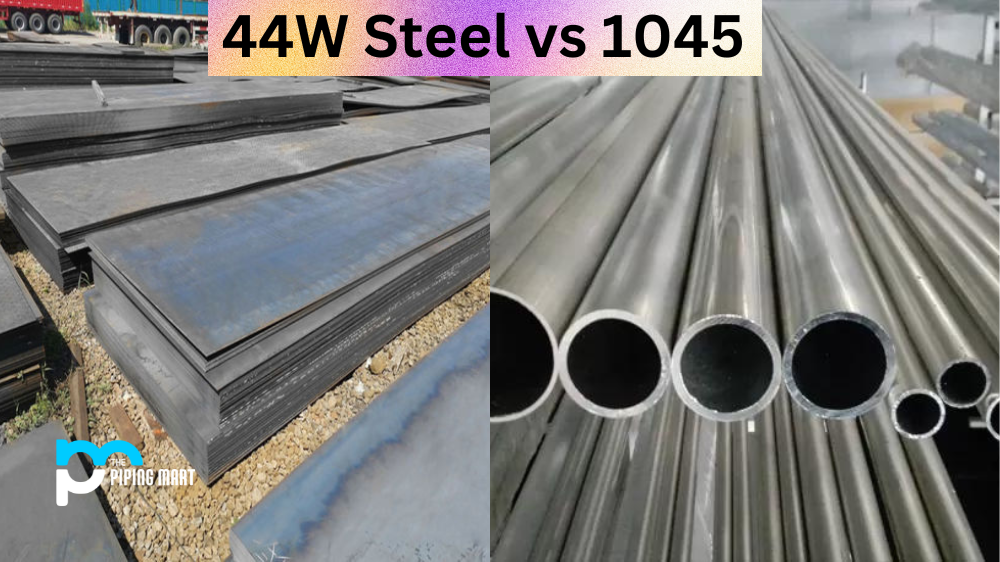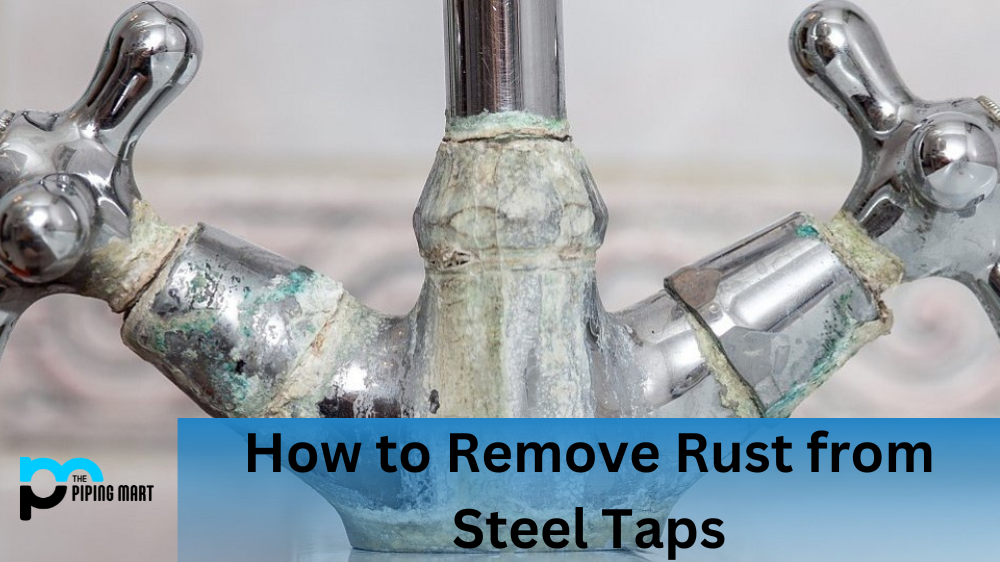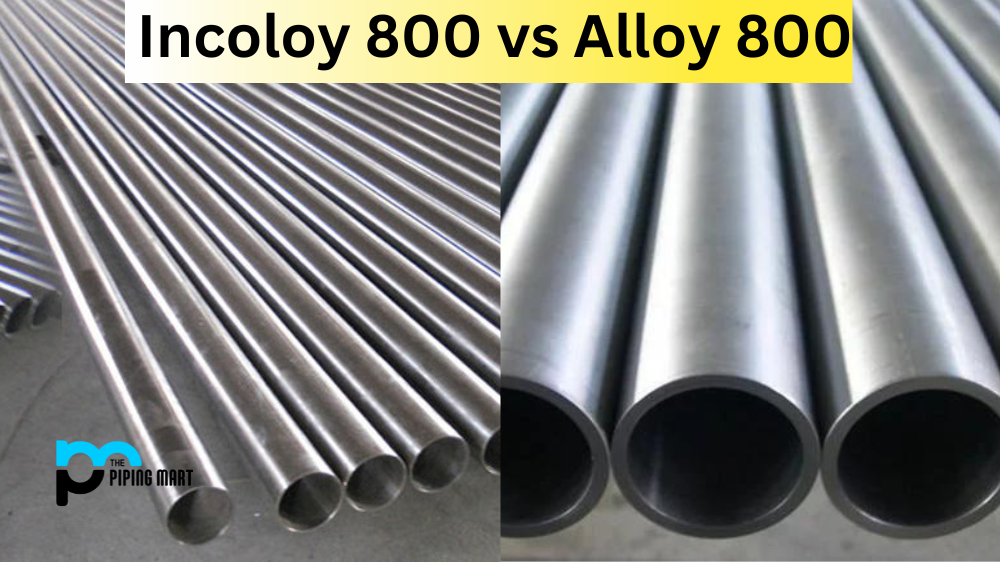When it comes to high-temperature environments, choosing a suitable material is crucial. Two popular metals that come to mind are Inconel X750 and SS 316. While both materials exhibit excellent resistance to corrosion in high-temperature applications, they have their limitations and unique characteristics. In this blog post, we’ll take a closer look at the differences between Inconel X750 and SS 316 to help you make an informed choice in selecting suitable material for your project.
Difference Between Inconel X750 and SS 316
Composition
Inconel X750 is a nickel-chromium alloy with trace amounts of aluminium, titanium, and iron. It is a precipitation-hardenable alloy with high strength and excellent oxidation resistance at elevated temperatures. On the other hand, SS 316 is a molybdenum-bearing austenitic stainless steel with significant additions of nickel and chromium. It is known for its excellent corrosion resistance, particularly in chloride environments.
Strength and Durability
Inconel X750 and SS 316 exhibit high strength and durability. However, Inconel X750 offers superior strength and creep resistance at high temperatures, making it an ideal choice for gas turbines, nuclear reactors, and rocket engines. On the other hand, SS 316 has good strength and toughness at cryogenic temperatures, making it suitable for low-temperature applications.
Corrosion Resistance
Regarding corrosion resistance, Inconel X750 and SS 316 are excellent choices for high-temperature environments. However, Inconel X750 offers better resistance to oxidation and pitting corrosion in high-temperature steam and gas environments. SS 316, on the other hand, is superior in corrosive environments containing chlorides and acids.
Cost
While Inconel X750 and SS 316 are premium materials and come at a high price, Inconel X750 is typically more expensive than SS 316. This is due to its unique composition and higher nickel content, which makes it more challenging to process and manufacture.
Weldability
Inconel X750 and SS 316 have different welding processes and limitations. Inconel X750 requires a precise welding process, as it is prone to hot cracking and porosity. On the other hand, SS 316 is more forgiving in welding processes and exhibits excellent weldability.
Conclusion
Choosing between Inconel X750 and SS 316 depends on your application’s requirements. While both materials exhibit excellent strength and corrosion resistance in high-temperature environments, Inconel X750 is the superior choice in demanding applications such as gas turbines and nuclear reactors, where maximum power and creep resistance are required. SS 316 is an economical and high-performing material suited for applications where strength and corrosion resistance are critical factors. Regardless of your choice, working with a reputable supplier is critical to ensure the material’s proper selection and high-quality processing.

Abhishek is a seasoned blogger and industry expert, sharing his insights and knowledge on various topics. With his research, Abhishek offers valuable insights and tips for professionals and enthusiasts. Follow him for expert advice on the latest trends and developments in the metal industry.




